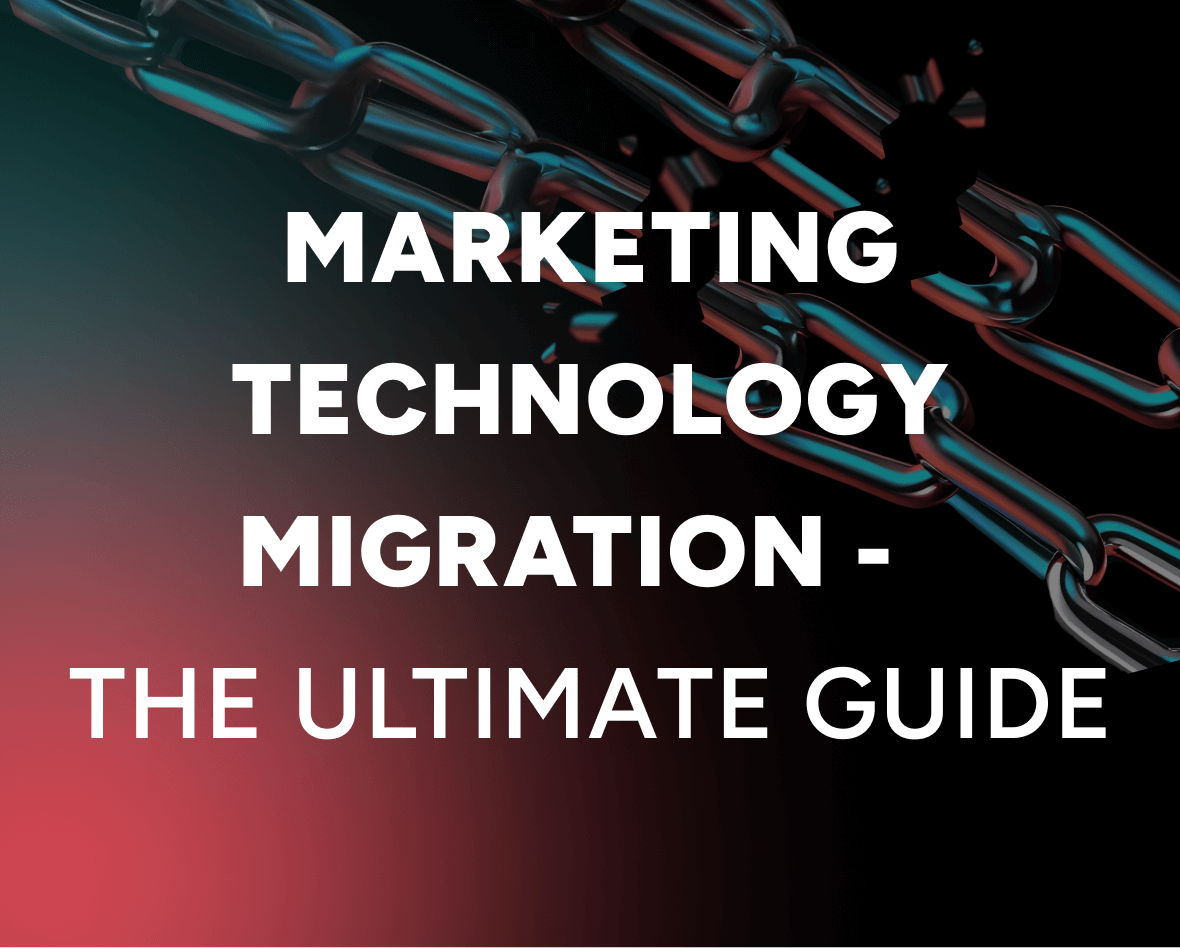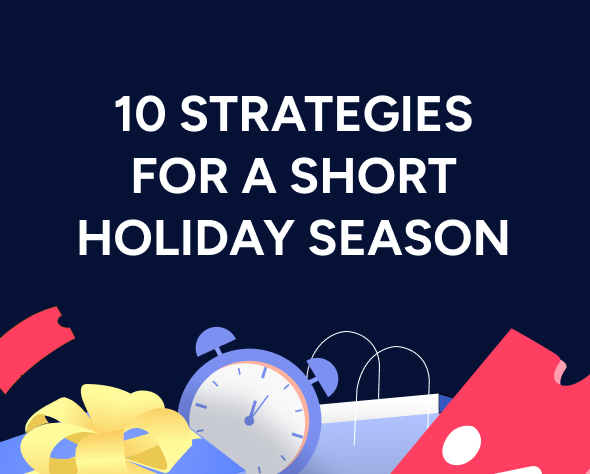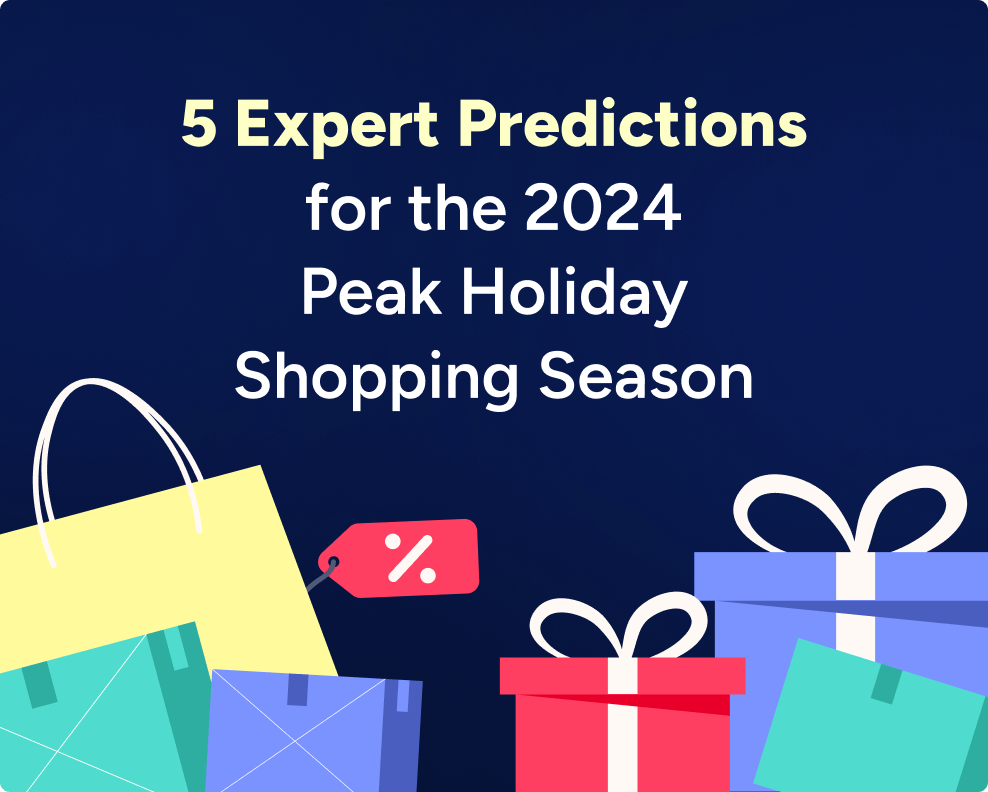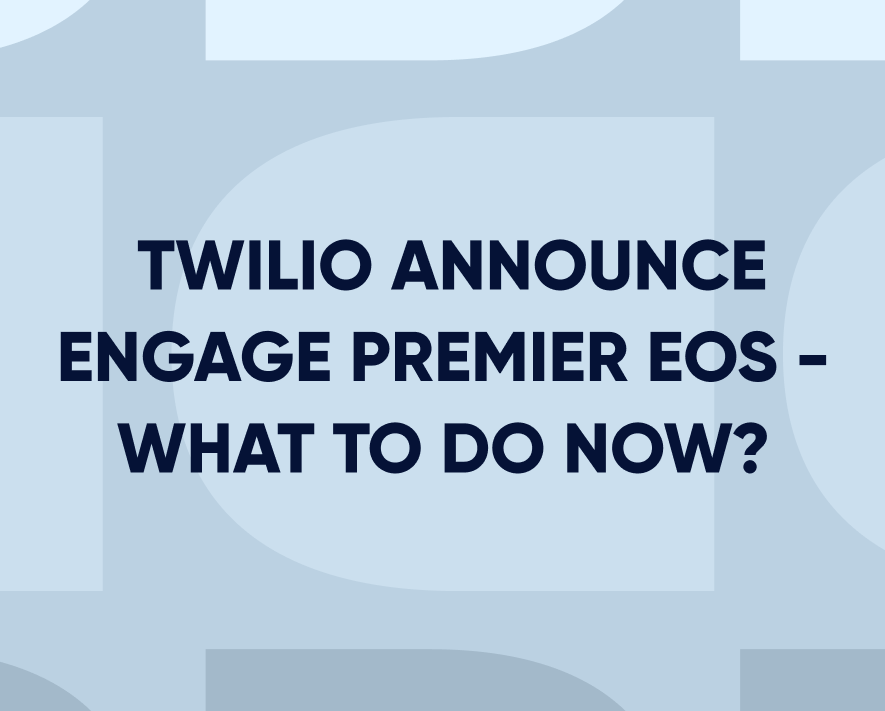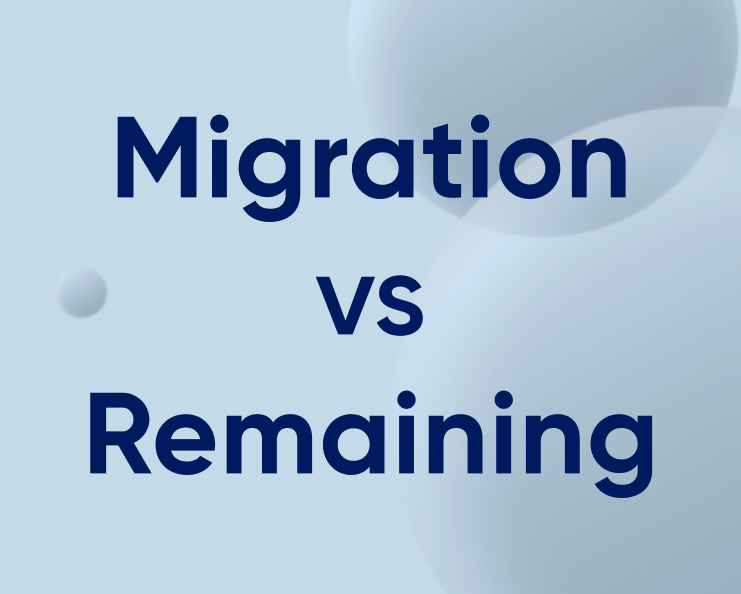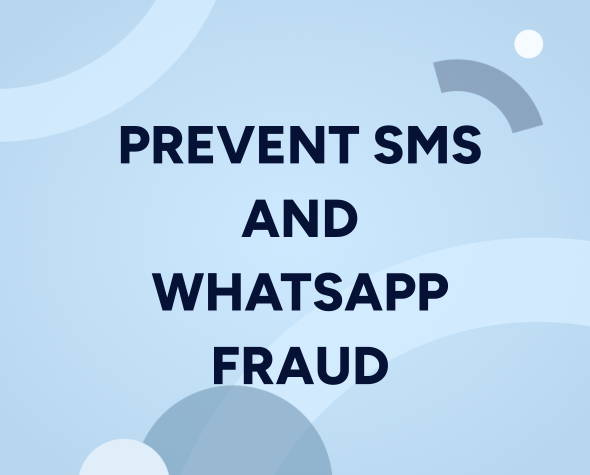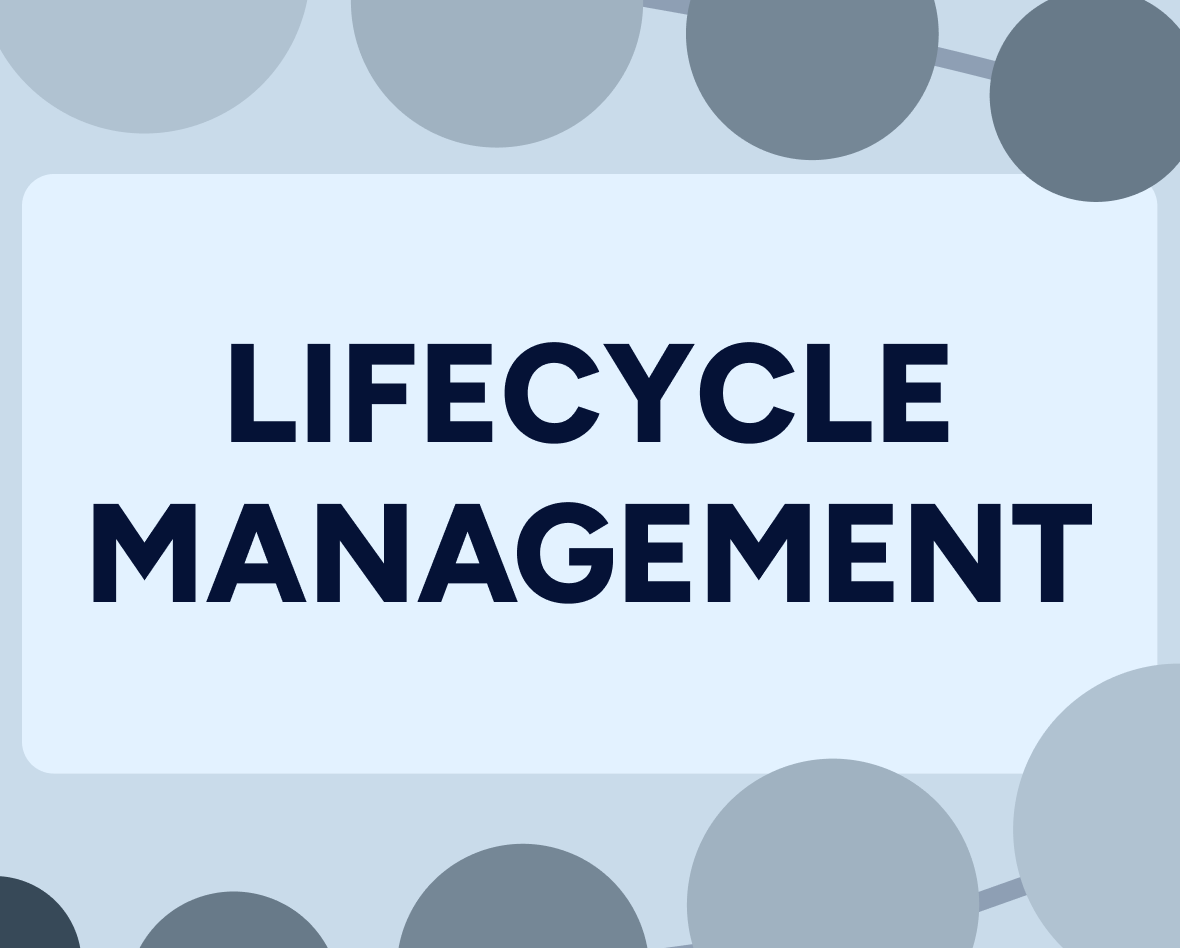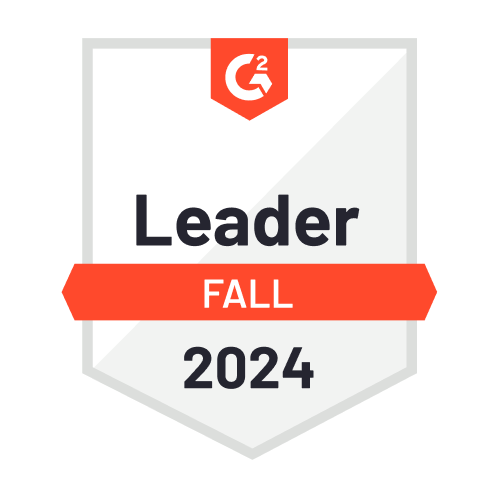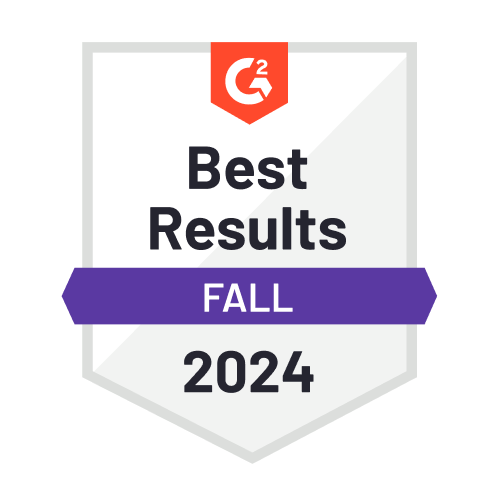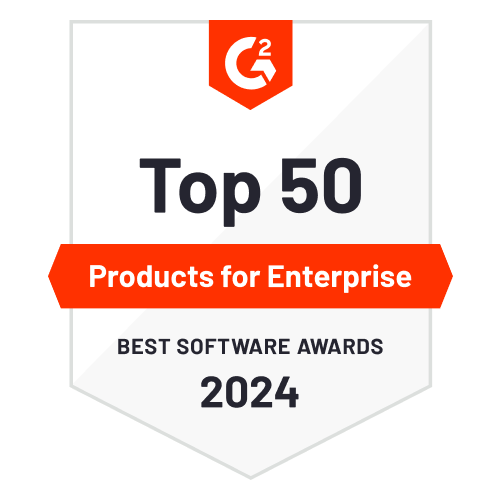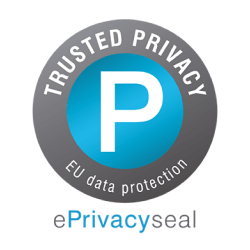Best Website Personalization Tools—Decrease CAC by 50%
If we create a cloud of marketing terms, we’re sure “personalization” is a word that would be right there in the middle, in big, bold letters.
It’s a buzzword being mentioned from the boardrooms of the biggest conglomerates to the cafe-table meetings of small start-ups.
Updated on Mar 7, 2022
Personalization is a tool everybody’s seeking because those who already use it have seen great results.
The evidences prove personalization works!
Companies that use website personalization tools were able to lift revenues by up to 15%, while also increasing the efficiency of their marketing spending by 10-30%. Personalization in marketing also significantly decreased customer acquisition costs, by as much as 50% in some cases.
The numbers are exciting. So where should you begin with personalization? How do you go about it? What are the factors to consider when personalizing your brand? What tools can help you personalize customers’ online experience?
This article will help you answer these questions.
First things first: Let’s break down website personalization
Do you remember the feeling of receiving an email from a brand addressed specifically to you, for the first time, in the subject line?
That was the earliest stage of personalization.
Technology has come a long way since then, enabling marketers to go beyond subject lines to deliver personalized experiences tailored in a variety of ways to appeal to individual users.
With today’s technology, there are two main types of personalization possible: ‘segmentation’ and ‘1-to-1 personalization’, which can also be called ‘individualization.’
Segmentation
Segmentation is a rule-based way of delivering personalized web experiences where marketers create specific rules to segment users based on different criteria.
Experiences are delivered to these customer segments, and each audience segment can be catered to differently.
For example, in eCommerce personalization, high spenders can be targeted with ads for expensive relevant products, while users with an affinity for discounts will only see relevant products on sale.
1-to-1 Personalization
Personalization is made possible through machine-learning technology and predictive analytics which are used to track and understand anonymous visitor behavior.
Based on this data, marketers can set up truly unique campaigns and design entire customer journeys relevant to each individual user. Product recommendations—a kind of website personalization based on previous interactions and shopping history—is a great example of personalized marketing.
In addition to these methods, there’s a third category —personalized recommendation.
Personalized recommendation takes into account past shopping history, and other users who have purchased the same or similar items or services, and serves relevant recommendations based on these parameters.
Benefits of Personalization
From higher conversion rates to lower acquisition costs, there are many benefits of personalization. Consider the following facts:
- Personalized CTAs were found to convert 202% more than default CTAs.
- In this report by Accenture, 79% of consumers showed more loyalty towards brands that use personalization.
- Engagement can be boosted by up to 40% with transparent ad targeting.
- Personalized experiences increase the likelihood to purchase by 80%.
- AOV increased by 40% with personalized product recommendations a research study found.
Closer to home, Insider’s partners like Virgin, Yves Rocher, & Philips have achieved significant success with personalization, with more than 40% uplift in conversion rate in one case, 7x ROI in another, and a 350% uplift in conversion rate in a third.
Special focus: Dynamic content personalization
One of the most important uses (and benefits) of personalization is to reduce the amount of generic information a user has to view by providing them tailored, relevant content.
This translates to shorter sales cycles because the customer journey to find what they are looking for has been simplified and is focused on getting them to make the purchase.
Content personalization can be carried out based on a number of different factors such as:
- the source of traffic
- the location of the user
- previous shopping history
- brand affinity
The type of content you personalize also makes a difference to how the customer experiences a brand. We have listed common types of personalized content below:
- Menu categories
- CTAs
- Entire landing pages
- Homepage banners and content
- Search results
Insider helps you personalize a wide range of content across different channels, using a variety of templates that are exciting, easy to use, and designed to improve customer satisfaction, engagement, and interactions.
Learn more about ways Insider can help personalize your content.
Things to consider before enabling personalized marketing
The depth of personalization experiences that you choose to deliver, and the potential outcomes, will depend on a number of factors. Some of the things to take stock of before starting are:
Goals
Each business has different goals for choosing personalization.
Is your goal to generate more revenue? Improve engagement? Improve user experience?
It is important to clearly define the intent behind setting up personalized experiences for your customers.
Data
It is no secret that to implement personalization effectively, data is needed.
It has also been reported that consumers are more than happy to consent to share their data in return for improved, personalized experiences.
So, identifying current and future sources of data plays a key role in determining the extent to which you can deliver personalized experiences.
Assets
Assets are all the resources you have available to dedicate to personalizing your brand experience. This includes:
- employees
- capital
- technological bandwidth
- time
Many companies attempt to implement personalization without a dedicated team.
This can lead to a less than satisfactory job, irking customers instead of pleasing them.
To avoid this, website personalization tools and customization companies exist to help you implement personalization without having a dedicated team.
Website personalization software
The market currently offers several options to help you personalize your brand experience.
However, choosing the best personalization software isn’t always easy.
To assist you, we have evaluated the best personalization platforms options on the market to save you time.
Insider
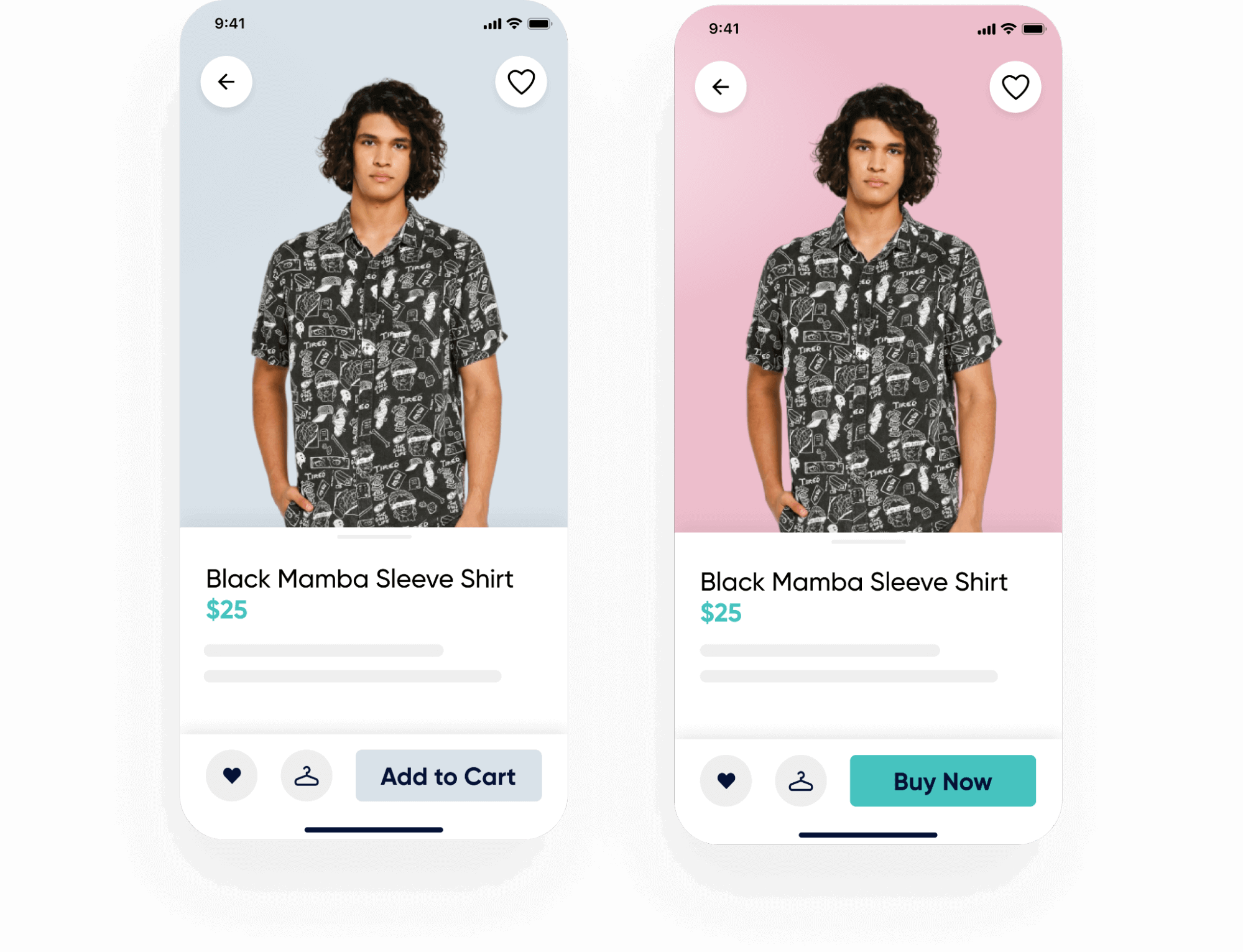
Did you know that website personalization can reduce your acquisition cost by nearly 50%? A good website personalization platform can be a true game-changer for any business.
Insider is a 1:1 personalized marketing platform, recognized as a leader by Gartner, Forrester, and G2.
We help your marketing, creative, and eCommerce teams deliver a tailored customer experience by enabling hyper-personalization at every customer touchpoint using our AI-backed algorithms. Insider helps you reach customers who are spread across multiple channels like SMS, email, desktop browser, and mobile apps, messing apps, and all from within one platform.
With our local support teams, we help businesses around the world run campaigns that perform their best every time, by personalizing their websites to provide desirable, individualized customer experiences which show customers that they matter. Our goal is to help brands shape positive impressions through thoughtful, relevant, and personalized messaging, with content delivered at every customer touchpoint.
We create technology that seamlessly integrates with existing tech stacks in a matter of minutes, and enables businesses to build custom marketing solutions according to their unique requirements. Our website personalization platform is constantly upgraded with new features, templates, and scenarios which are developed based on data insights gained from working with brands across the globe and combined with local market knowledge from our growth consultants. The platform’s features like deep learning recommendation algorithms increase AOV, conversion rates, and lifetime value (LTV) and deliver up to 5x faster time-to-value (TTV) to help generate quick wins across industries.
With ready-to-use templates and an interface that doesn’t require specialist knowledge, our platform makes it easier for marketers to focus on creativity, building campaigns to increase conversion rates, improve engagement, and facilitate product discovery, all without needing to turn to IT for support.
This is why Insider is trusted by 1000+ brands from high-growth start-ups to enterprise brands like Virgin, Samsung, and IKEA.
What it provides: Cross-channel marketing, Website personalization, AI-driven journey orchestration
What it costs: Get a free demo and custom pricing.
Contentsquare
Contentsquare helps companies understand hidden customer behaviors, and uses those insights to drive more successful experiences.
Their personalized web experience analytics platform analyzes billions of digital behaviors, providing unique metrics, visualizations, and recommendations that every team can use to increase revenue, engagement, and business growth.
What it provides: Digital experience analytics
What it costs: Not available.
Segment
Segment is a customer data platform that helps you to collect and control customer data, manage it, and make it accessible to your teams and other apps you use.
It collects events from web and mobile apps to provide a complete view of the data available to you.
What it provides: Customer data management
What it costs: Free account with limited functionality. Team accounts start at $120/mo, larger businesses can request custom pricing.
Heyday
Heyday’s powerful Conversational AI technology provides an instant and always-on first line of support that eliminates time-consuming, recurring FAQs and order tracking questions.
It combines the power of Conversational AI with the human touch of your team to deliver 5-star customer experiences at scale and in real-time.
What it provides: Live chat personalization
What it costs: Enterprise solutions start at $1000/mo; Shopify app available for $49/mo.
AppsFlyer
AppsFlyer provides the measurement, analytics, engagement, and fraud protection technologies you need to get the answers to all of your questions and make good choices for your business and customers.
They help brands around the world make better marketing strategy decisions.
What it provides: App analytics and engagement suite.
What it costs: Free account available. Growth account at 6¢ per conversion, custom pricing for enterprise solutions.
Looking to get executive buy-in for personalization? Read more about the impact of personalization on ROI here.

